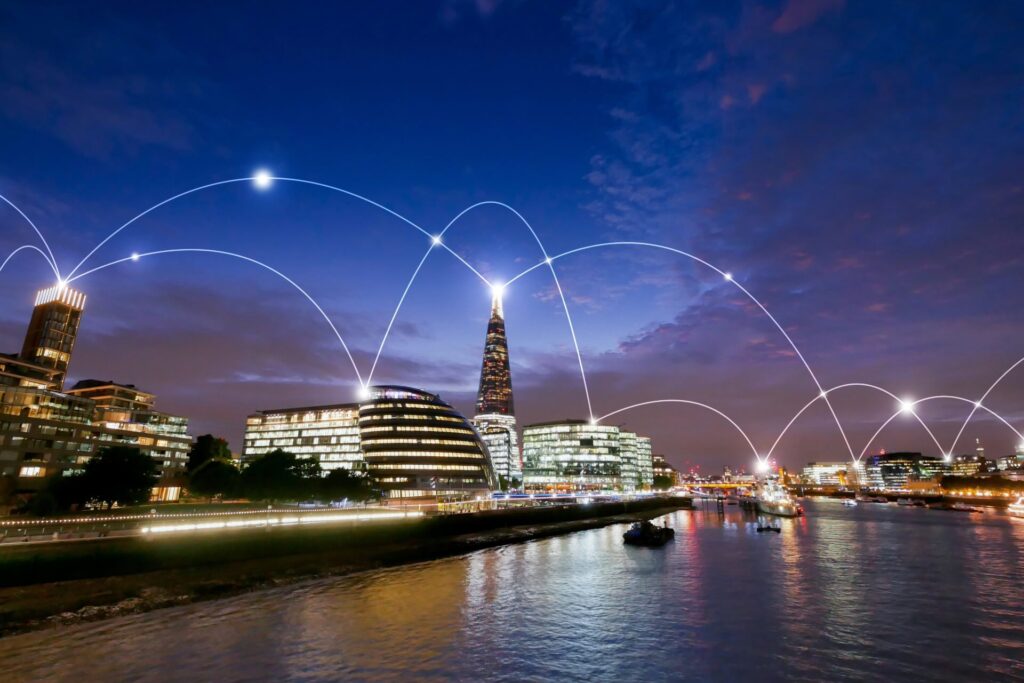1 October 2024 marks the launch of the UK’s National Energy System Operator (NESO). What is it and what does this mean for energy users?
Background
The UK’s National Grid has been operating since 1935 and was the first integrated national grid in the world. Since then it has managed the country’s distribution and transmission networks for energy. In April 2019, the electricity system operator part of the business became a separate legal entity within National Grid PLC. It was known as National Grid ESO, or just ESO.
Then the government and regulator Ofgem decided that the UK needs an independent organisation to oversee the energy transition and keep bills down. It would take on ESO’s responsibilities and also a number of additional roles, including the planning work previously done by National Gas Transmission.
The initial name for this body was the Future System Operator (FSO). The Energy Act 2023 laid the legal groundwork for the creation of this body. In January 2024, ESO announced that the name for the new FSO would be NESO.
How is NESO different from ESO?
ESO was responsible for keeping homes and businesses supplied with electricity, balancing output with consumption while aiming to be as energy-efficient as possible.
NESO will still do this, but will have a number of additional roles.
- It will cover gas supply as well as electricity, carrying out strategic planning in relation to both networks.
- It will work on strengthening the resilience of the energy system and reducing risks.
- It will strengthen the UK’s energy security.
- It will have strategic input on the UK’s decarbonisation strategy.
Publicly owned
ESO was a private company, owned by National Grid PLC but operating independently within it. NESO will be a publicly owned company, independent from government control but still overseen by regulator Ofgem.
What’s happening to Elexon?
Elexon has been the “market facilitator” body for the GB electricity market. It has responsibility for implementing the Market-wide Half-Hourly Settlement (MHHS) programme which will see all electricity customers switching to smart meters. It has been owned by the National Grid, but the coming transition means that has to change.
The outcome of a long consultation was a decision to bring Elexon into industry ownership. In September 2024 the government announced that it had mandated 13 of the UK’s largest energy suppliers and generators to take shares in Elexon.
What does this mean for energy consumers?
It’s easy for UK electricity consumers to take the safety and reliability of our electricity system for granted. But this has only been possible up to now because of ESO’s work managing the system in real time. ESO was already working to keep costs low by using flexibility solutions rather than simply adding more infrastructure. Crucially for our net zero goals, it was also already operating the fastest decarbonising electricity system in the world. Further integration means that the organisation already carrying out the real-time balancing of our electricity markets will also have a strategic role. In the long term it seems likely that this will speed our transition to cheaper, safer renewables and reduce costs for consumers.

